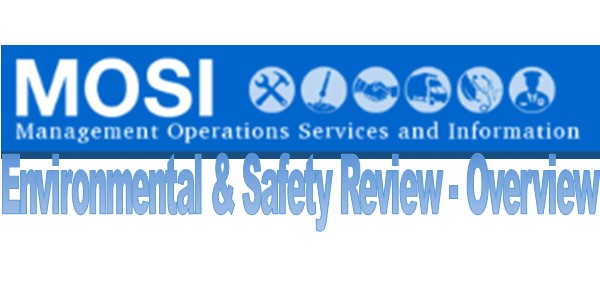Air Quality
Why should you be concerned about air pollution?
The U.S. Environmental Protection Agency prepared this summary of the 1990 version of the Clean Air Act:
Air pollution can make you sick. It can cause burning eyes and nose and an itchy, irritated throat, as well as trouble in breathing. Some chemicals found in polluted air cause cancer, birth defects, brain and nerve damage and long-term injury to the lungs and breathing passages. Some air pollutants are so dangerous that accidental releases can cause serious injury or even death.
Air pollution can damage the environment. Trees, lakes, and animals have been harmed by air pollution. Air pollutants have thinned the protective ozone layer above the Earth; this loss of ozone could cause changes in the environment as well as more skin cancer and cataracts (eye damage) in people.
Air pollution can damage property. It can dirty buildings and other structures. Some common pollutants eat away stone, damaging buildings, monuments, and statues. Air pollution can cause haze, reducing visibility in national parks and sometimes interfering with aviation.
The Clean Air Act will improve air quality in the United States, a good thing for your health, your property, and the environment. The 1990 Act could change the way you work or do business, and it could, in some ways, change the way you live. The 1990 Clean Air Act is lengthy--about 800 pages--because it tackles many difficult and complicated air pollution problems.
Air Pollution Permits
With a few exceptions, before operations or a piece of equipment that will emit pollutants (e.g., solvent vapors, combustion by-products, acid gases and mists, particulates) to the air are installed or modified they must have an air pollution permit. Part of the process of obtaining a permit is demonstrating whether any air pollution would have an adverse impact on human health or the environment. These permits specify the types of processes or equipment that may be operated, monitoring and record keeping requirements, and operating limitations.
Examples of equipment and operations that require a permit are:
- Boilers and Generators
- Solvent cleaning machines
- Paint booths
- Processing equipment
Laboratory equipment used EXCLUSIVELY for analysis or experimentation does not require a permit. Any new process (or modification) which generates air emissions needs to be evaluated by the GSFC Medical and Environmental Management Division (MEMD) team prior to installation. If there is any question as to whether a process or piece of equipment requires a permit, please call Michael Bonsteel at 410-422-7955.
Monitoring and Recordkeeping
Operators of processes and equipment which require permits must maintain records to establish emissions and may be required to monitor the air emissions. This may include operating hours and amounts/types of materials used, observation of visible emissions, and preventive maintenance on the equipment.
Program Contact
Michael Bonsteel 410-422-7955





